
Coffee and Hydrochloric Acid
If you’re a person who enjoys his coffee early in the morning, on an empty stomach, you should know that this habit stimulates hydrochloric acid production. This is a serious problem, because HCI is produced to digest meals and if your body has to make HCI more often, because you use to drink coffee on an empty stomach, then it may have some difficulty to produce enough HCI in order to deal with a large meal. Also, this can affect protein digestion, due to a lack of hydrochloric acid and undigested protein is linked to a lot of health problems such as IBS, diverticulitis and colon cancer. Some researchers go so far, and they are saying that almost all diseases begin in the gut, so think twice when you want to drink your coffee on empty stomach.







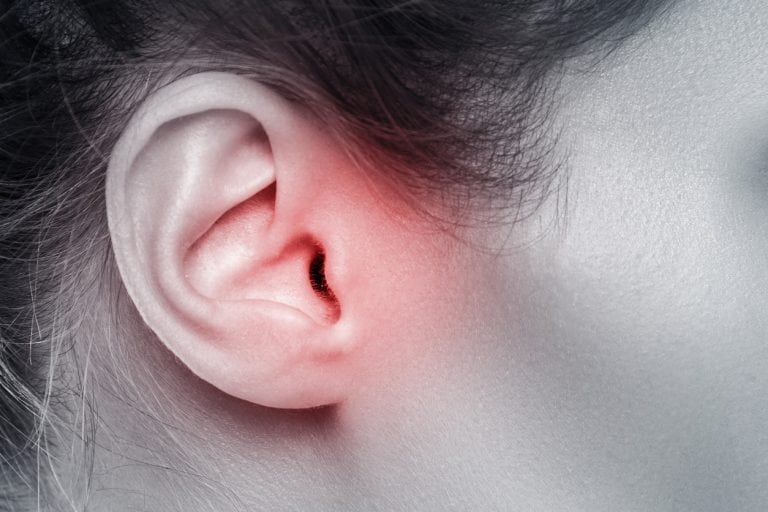

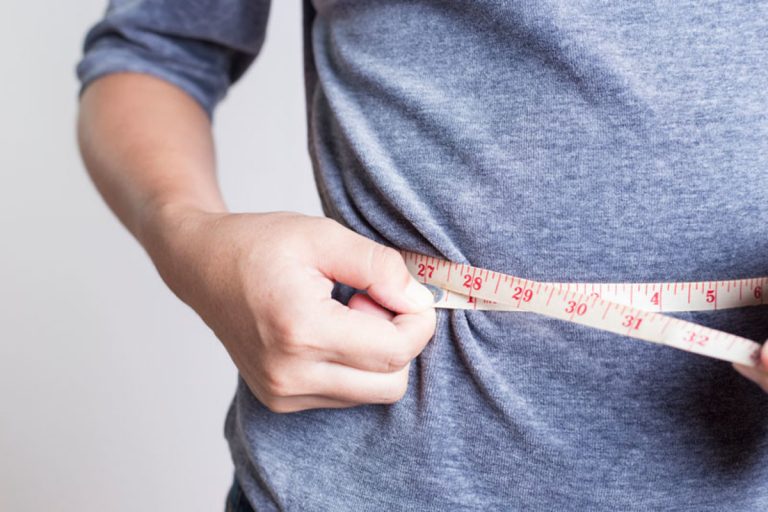

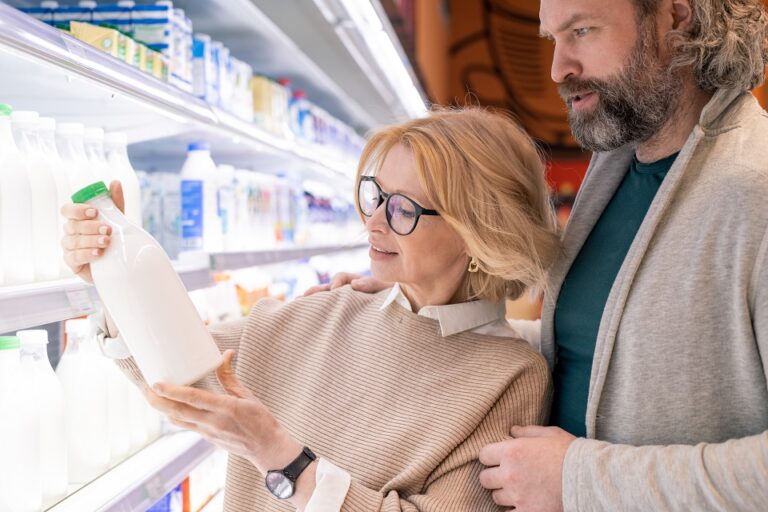
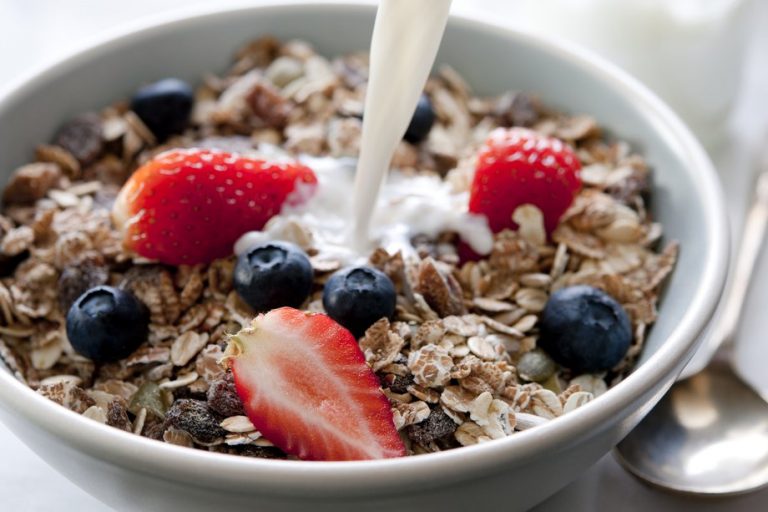

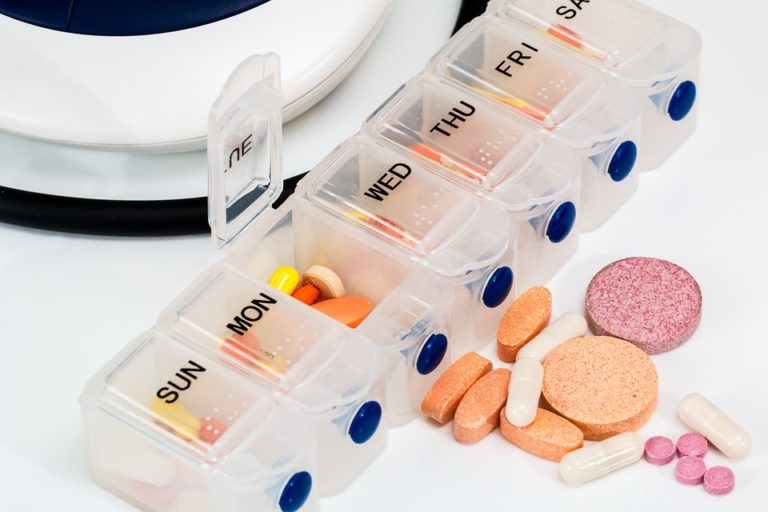
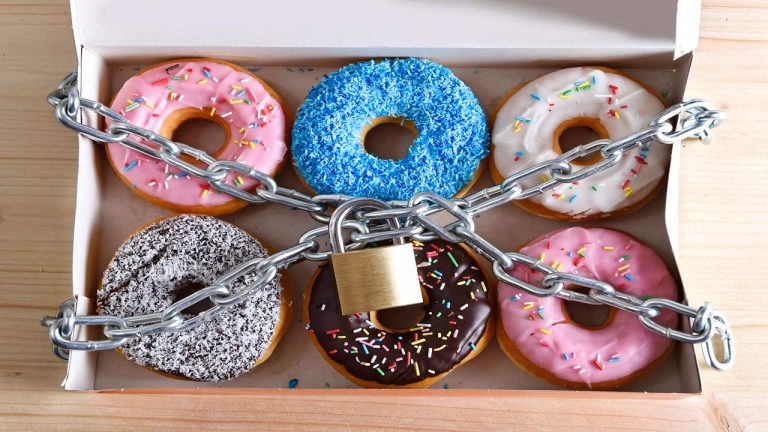


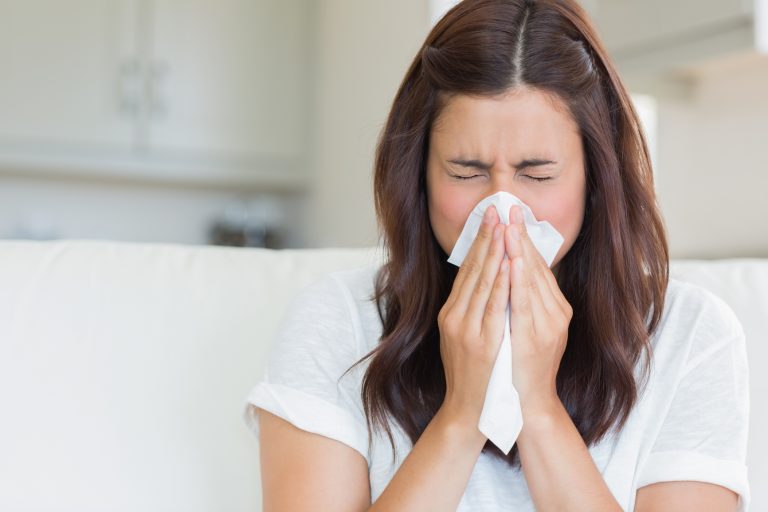







2 thoughts on “7 Negative Effects of Coffee You Didn’t Know About”
very interesting article about coffee. It sure counteracts the other stories how 2-3 cups is actually good for you. Question: Is age a factor in any of these stories? How can I really find the truth or is it that science does not really know and whether it is based on assumptions. I am aged 83 and average 3-4 cups in summer and 4-7 in winter. I mainly drink more to keep warm in winter, and have noticed an increase in gas problems. Of course, I should quit altogether but it is hard to find a hot drink without putting weight on in the winter. However, I have discovered hot cider which is very tasty.
Interesting I read an article on this website just before this that advocated drinking coffee for health benefits, then this one that warns coffee is bad for your health. Seems idiotic but then health professionals keep waffling back and forth on everything claiming it is bad for you then good for you then bad for you again. Seems like everything is carcinogenic but then in the animal tests they run, first animals do not react to things like humans (chocolate, garlic anyone?) and second, the amount they give these animals is abnormally high so what an average amount a human would take in may not harm them at all. I mean the test for saccharin had the rats taking in what would amount to 125 bottles of diet soda a day and I don’t know any human who could take in that amount of soda and not die of fluid volume overload.
Guess I’ll just stick to what I like or feel is good for me and forget the rest. Health professionals opinions are quite bipolar.